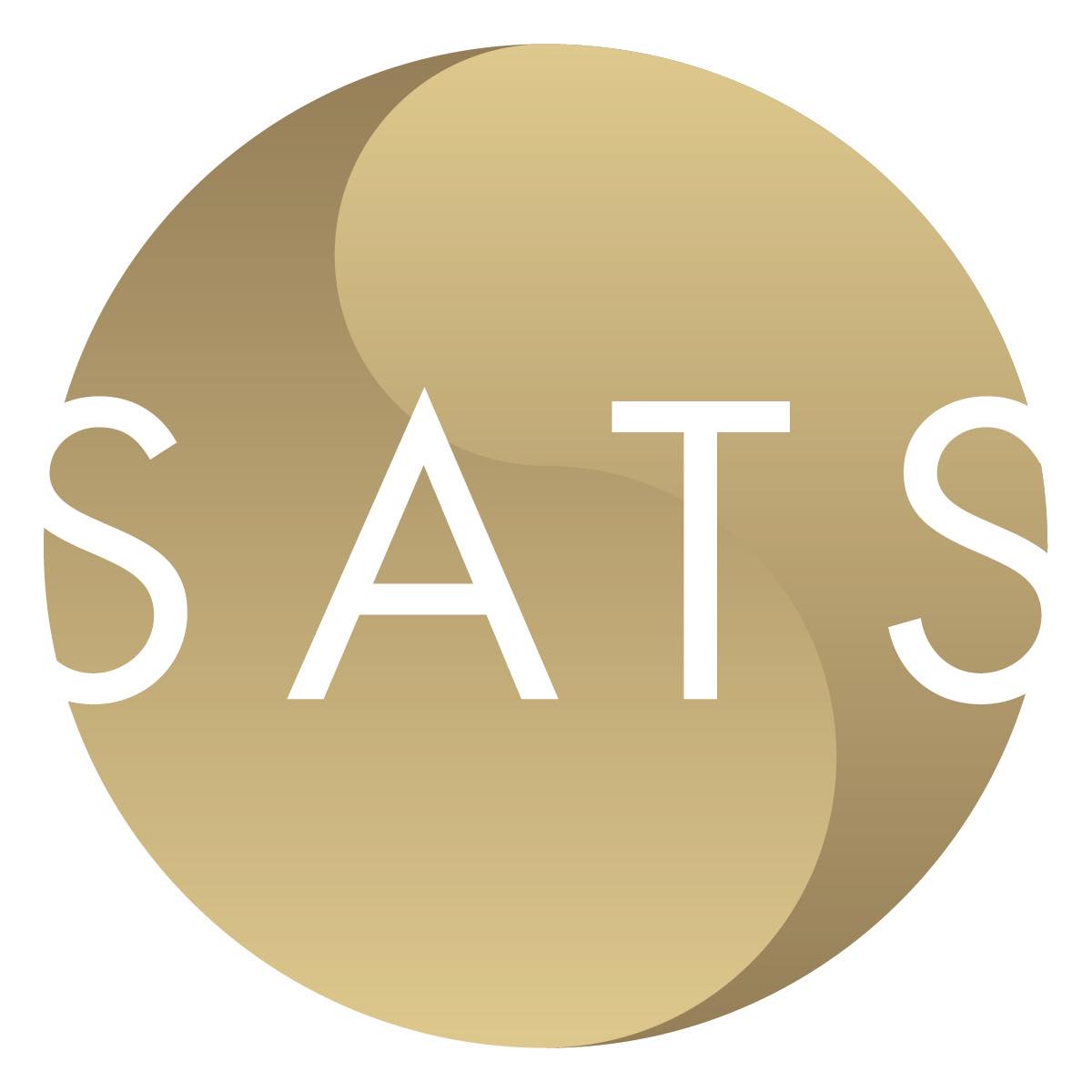Niagara Professional Taxes Services
Income Tax PreparationBring me your ‘shoebox’ files, I will help you file on time and get the maximum benefit available to you.
* Personal income tax returns
* Self employment\home based income tax returns
* Small business income tax returns
Tax Tips
File a return - no matter what.
Even if you are certain that you have no balance owing or refund due in a given year, file a tax return for that year. Why? Because filing:
Reduces the ability of the CRA to subsequently make arbitrary adjustments to your income and taxes owing for that tax year.
Determines your eligibility for government programs, such as the Canada Child Tax Benefit (CCTB), GST/HST credit or any new tax rebates that may be announced.
Reports earned income, which increases your future RRSP contribution room - and we all know the value of RRSPs as tax reduction tools.

Optimize your pension income by splitting it with your partner.
As of 2007, Canadian pensioners became able to split their pension income - whether from a corporate/other pension plan or certain annuities from an RRIF or RRSP - with their resident spouses or common law partners. If you have eligible pension income, you can use this tax opportunity to split up to one half of your pension with your partner, which may mean significant tax savings for you both.
Use a tax free savings account (TFSA)… and earn income without paying tax.
The Government of Canada has called it the single most important personal savings vehicle since the introduction of the RRSP. Have you heard about the tax free savings account (TFSA)?
The TFSA became available on January 1, 2009. It allows Canadians aged 18+ to save up to $5,000CDN every year in a TFSA and to withdraw funds and/or investment income - including capital gains - without being taxed. You can also put back the money you’ve withdrawn without reducing your allowable contributions.
Although there is no tax credit for contributions to a TFSA, Canadians can realize significant savings in using a TFSA to earn interest without paying taxes on that interest.
Know the facts about dependants and family tax credits.
If you are supporting one or more individuals, you may be eligible to claim tax credits for them. You can often claim credits for your spouse/partner, children, infirm adults (if you are the caregiver) or certain other relatives living with you. Plus, you may also be eligible to receive a transfer of any unused credits they have on their personal income tax returns.
Donations and medical expenses: These can be claimed on a family basis, so you can receive maximum tax advantages if you file your family’s tax returns at the same time.
Tuition and education amount transfers: Students often don’t need to claim all of their tuition fees in order to reduce their taxes to zero - so consider transferring an unused portion of these amounts to a parent (the student does not have to live with the parent in order to do this).
Camps/Boarding schools: You can often claim up to $175/week for a child under 6 years of age, $250/week for a child with a disability, and $100 for any other eligible child.
Caregiver amount: You may be able to claim all or part of the Caregiver amount if you had a grandparent or a mentally/physically infirm dependant who is over 18, lives with you and had a net income of less than $18,081.
List All Your Children.
You can claim a maximum of $7,000 in child care expenses for each child younger than seven and $4,000 for each child older than seven but not yet seventeen on December 31 of the tax year. To receive the maximum claim for child care expenses paid, list all children in chronological order. No child care expenses this year? Still list all your children - you may be eligible for government assistance programs like the Canada Child Tax Benefit (CCTB) and the GST/HST credit.
Have You Registered for the Canada Child Tax Benefit?
In order to qualify for the Canada Child Tax Benefit (CCTB), you need to register any children you have and make sure that both you and your spouse/common-law partner file income tax returns every year. CCTB payments are tax-free.

